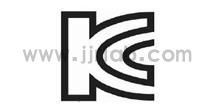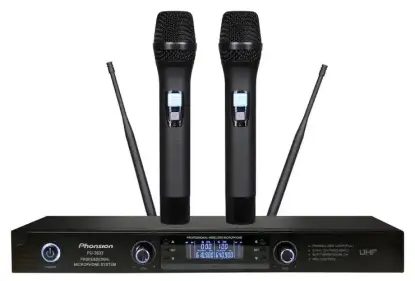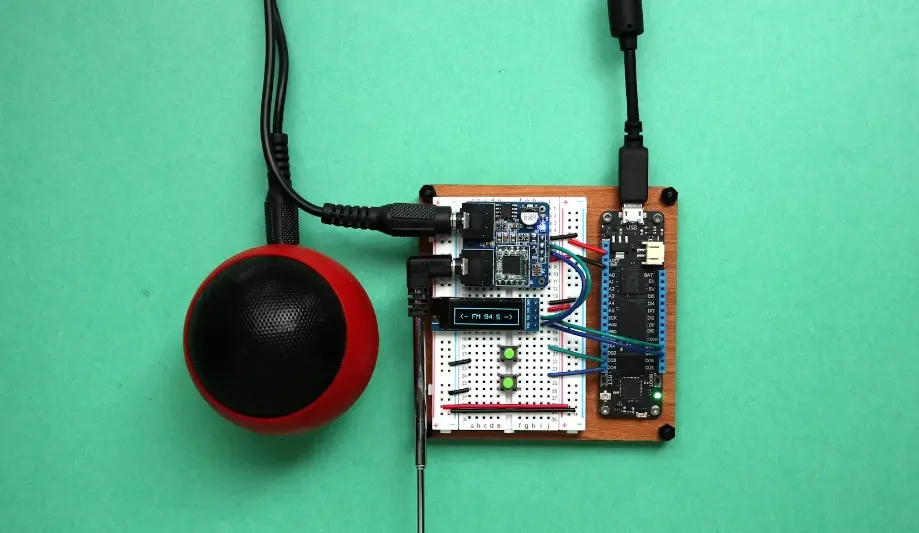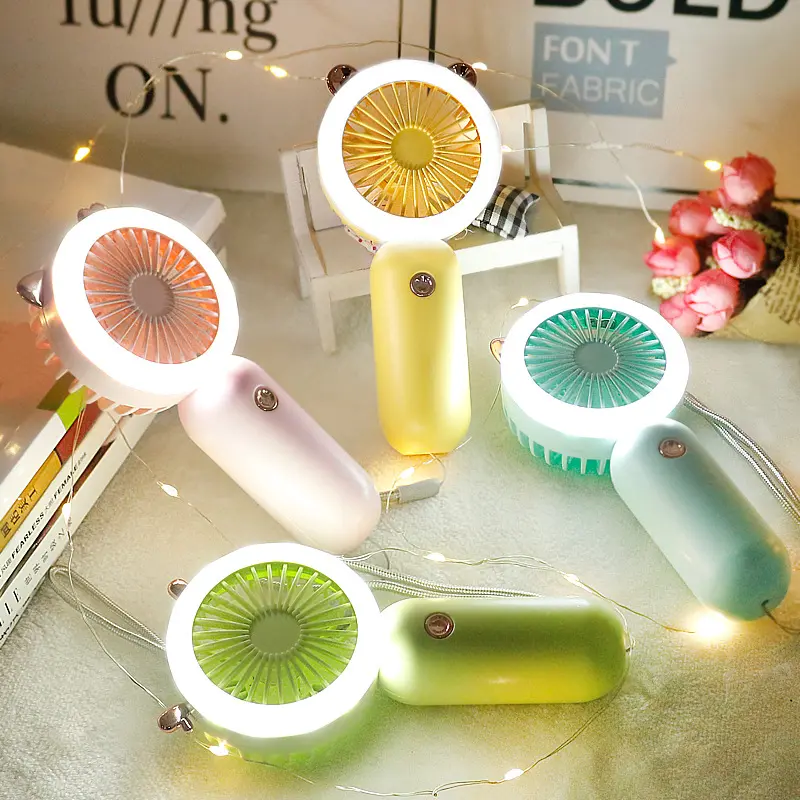
Korea KC Safety Certification Mark Introduce
Introduction to Korea kc certification
In July 2009, the Korean Ministry of Knowledge Economy (MKE) implemented and adopted the national unified KC certification mark, known as the "KC Mark." This new mark represents Korea Certification. It aims to help consumers better understand the certification marks on the products they purchase and reduce the various certification costs for product manufacturers. This initiative will eventually unify the existing 13 mandatory marks under this new mark. One result of this measure is the reduction of certification costs for suppliers, gradually making the Korea KC Mark a globally recognized certification.
KC Certification Mark

KC Certification Product Categories
According to the "Korean Electrical Appliances Safety Control Act," from January 1, 2009, electrical appliance safety certification is divided into mandatory certification and voluntary certification.
Mandatory certification: All electronic products that fall under the mandatory product category must obtain KC Mark certification before they can be sold in the Korean market. Annual factory inspections and product sampling tests are required.
Voluntary certification: All electronic products that fall under the voluntary product category only need to be tested and certified without factory inspections. The certificate is valid for five years.
Product certification scope: Electrical products with an input voltage between 50-1000V, classified according to the IECEE classification method, include wires and cables, electrical switches, capacitors and power filters, household insulation transformers, power tools, household appliances, electronic entertainment, and information technology equipment (IT), etc.
Common KC Standards
- IT Power/Product Standards: K62368-1, K60950-1
- AV Power/Product Standards: K62368-1, K60065
- Wireless Product Standards: K62368-1
- Household Appliance Standards: K60335-1, K60335-2-29
- Medical Product Standards: K60601-1
KC Certification Documentation
When applying for KC certification for new products, the following documents need to be submitted:
1. Application form;
2. Factory survey form;
3. Instruction manual;
4. Parts list;
5. Derivative model list;
6. Circuit diagram;
7. Parts specifications;
8. Labels;
9. Product photos;
10. Parts distribution diagram or photos;
11. Authorized representative appointment letter;
12. Application modification details;
13. Documents to be retained by the applicant;
14. Other documents describing the electrical characteristics.
Details include:
A. Electrical product safety certification application form (for mandatory products), electrical product voluntary safety confirmation application form and declaration (for voluntary products);
B. List of components directly affecting safety;
C. Electrical circuit diagram;
D. Detailed specifications of the transformer (for relevant products);
E. Catalog of insulating materials (temperature, withstand voltage characteristics, or flammability ratings, etc.);
F. Product certificate (including Korean product certificate);
G. Labels;
H. Authorized representative proof document (required for mandatory products; required when the agent applies for voluntary products).
KC Certification Factory Inspection
According to Korean safety law, an initial factory inspection is required after accepting the application. After the certificate is issued, the certification body will conduct an annual follow-up inspection to check the consistency of the factory's quality control system to ensure continuous compliance with safety standards.
KC Certification Timeline
The typical timeline is 4-6 weeks. Expedited service is available at an additional cost.
For KC certification quotes, please contact JJR Laboratory via the email below.
Email:hello@jjrlab.com
Write your message here and send it to us
 Wireless Microphone Export Certification
Wireless Microphone Export Certification
 Audio-Visual Products SNI Certification in Indones
Audio-Visual Products SNI Certification in Indones
 FCC-ID: Still Needed if Module is Certified?
FCC-ID: Still Needed if Module is Certified?
 FCC Certification Fees for Handheld Fans
FCC Certification Fees for Handheld Fans
 FCC Certification Testing for Smart Lighting Produ
FCC Certification Testing for Smart Lighting Produ
 What is the ETSI EN 303 645 Testing Standard?
What is the ETSI EN 303 645 Testing Standard?
 UL Compliance and ETL Certification for LED Lighti
UL Compliance and ETL Certification for LED Lighti
 What is the IEC 60598 Standard?
What is the IEC 60598 Standard?
Leave us a message
24-hour online customer service at any time to respond, so that you worry!




